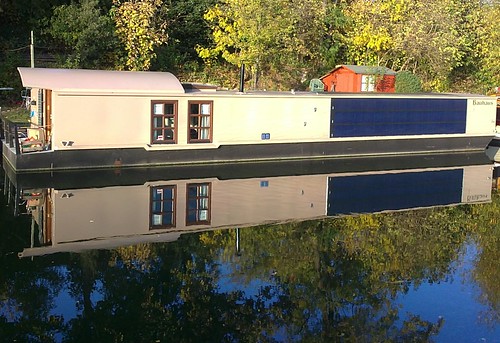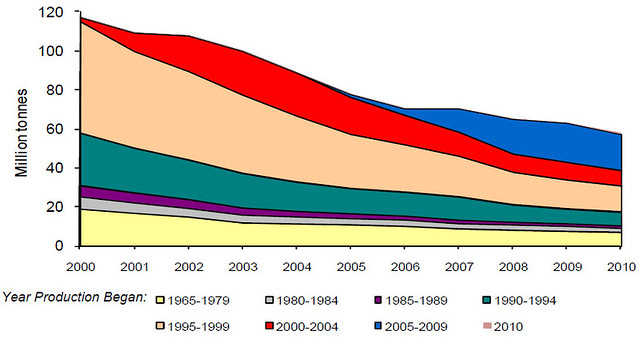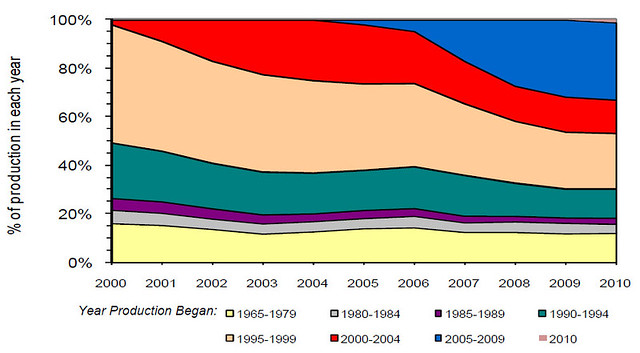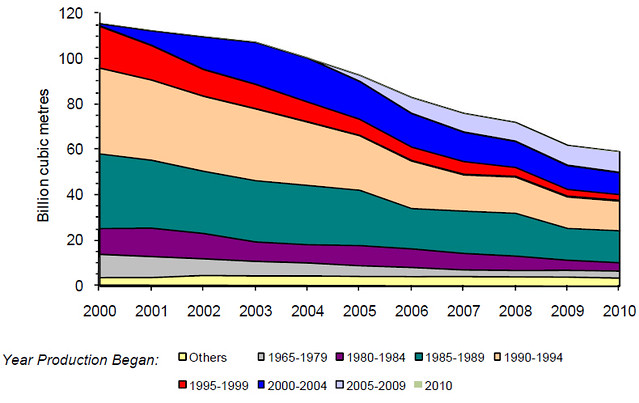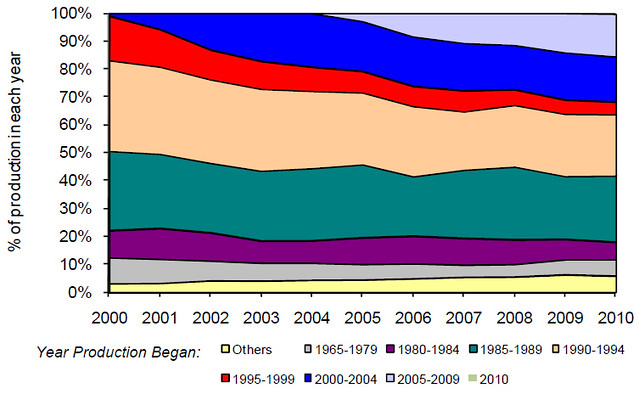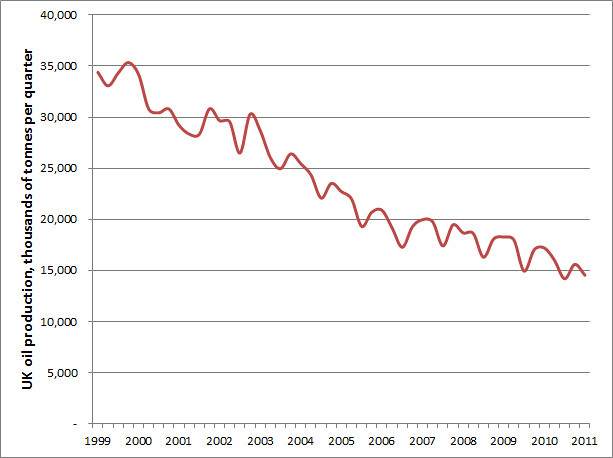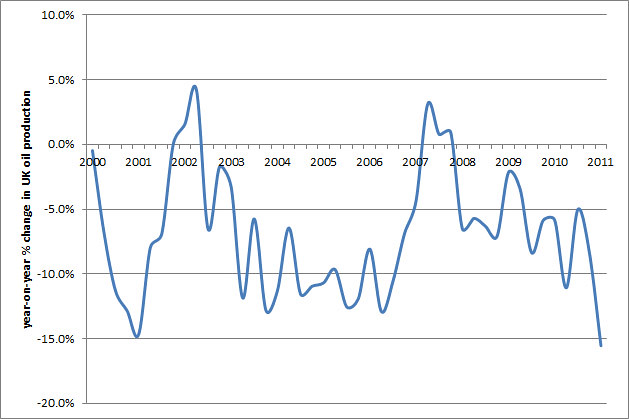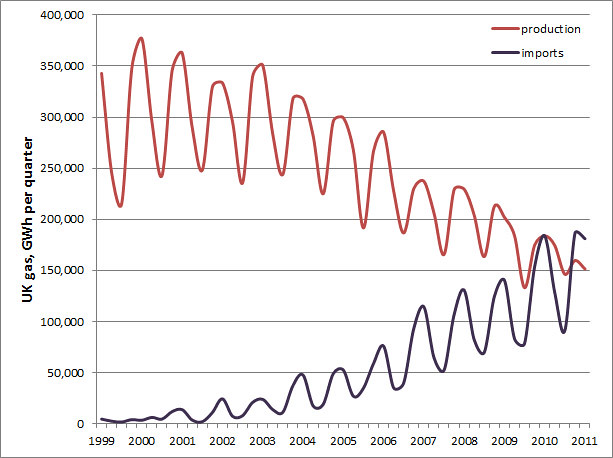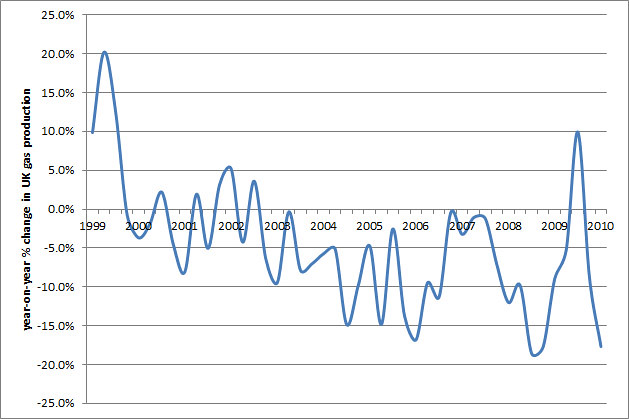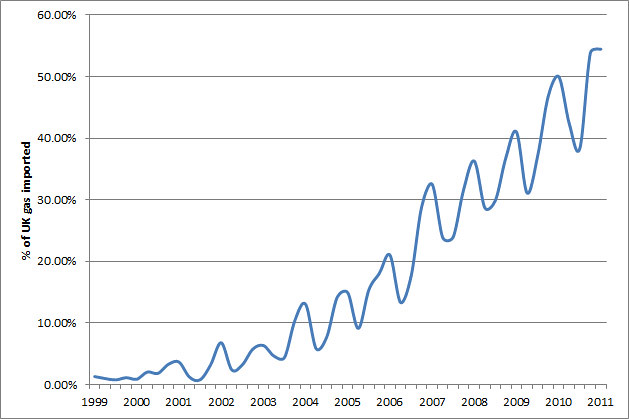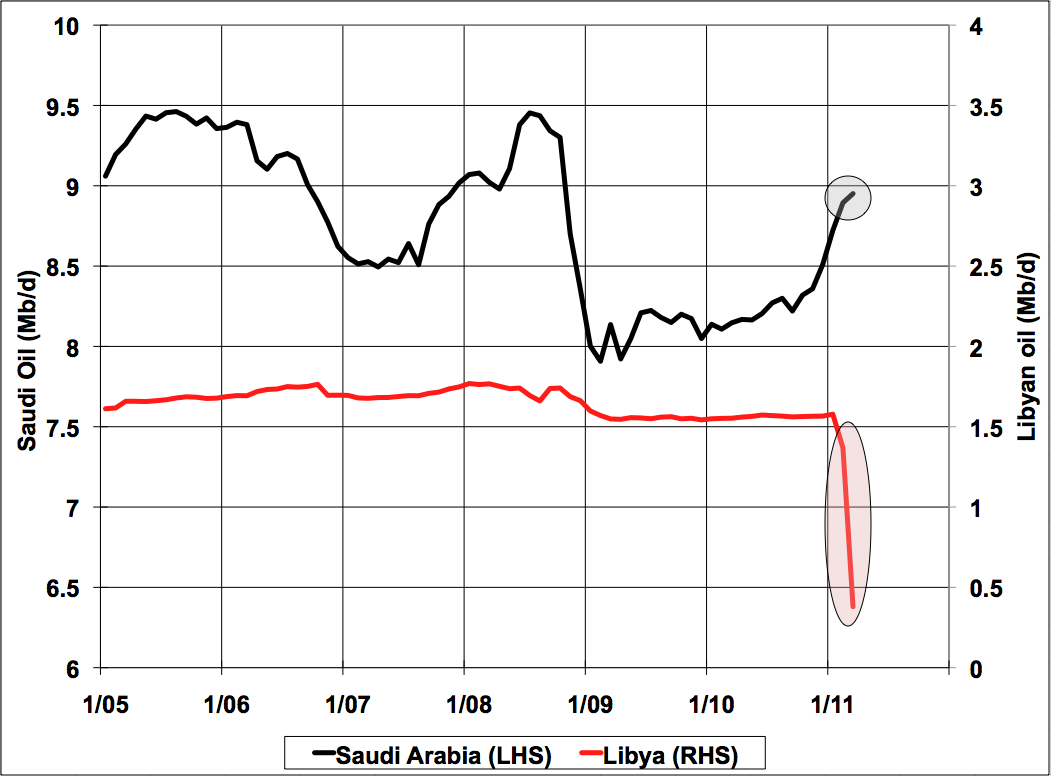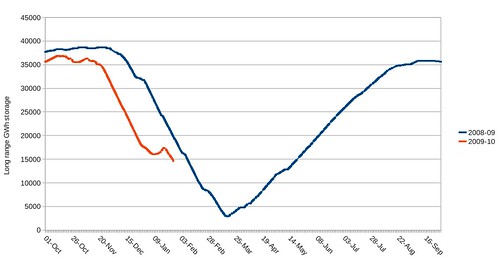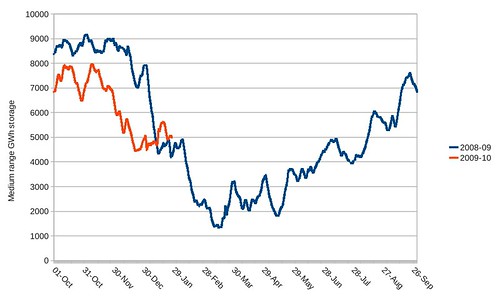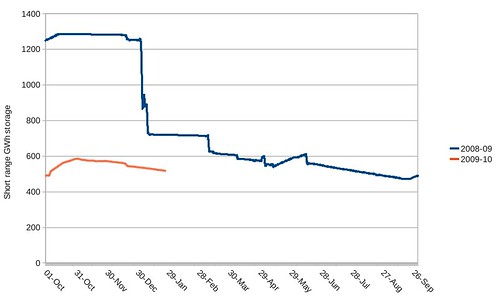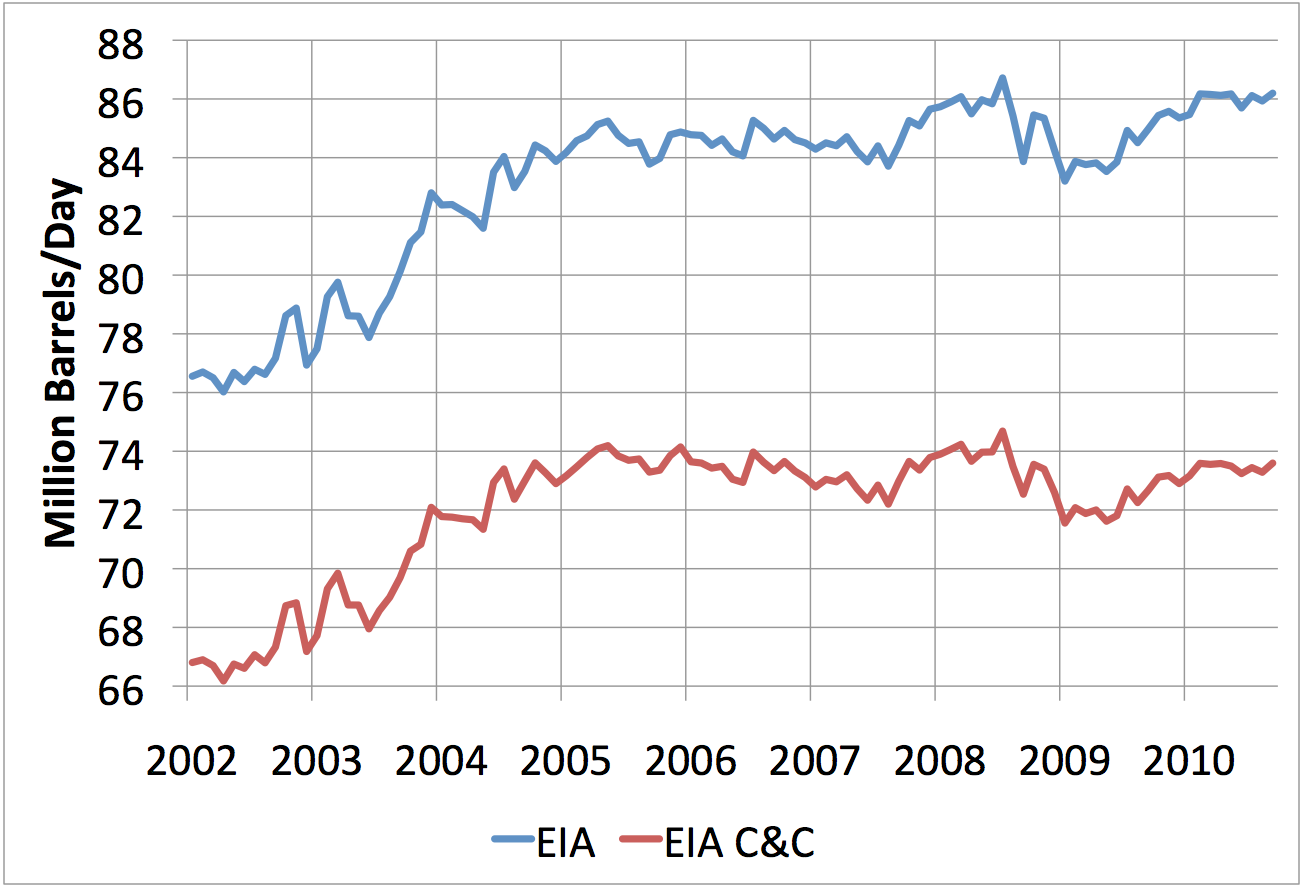Guest post from Walter
If you cruise on the London Canals you may have noticed or you will notice something rather different looking either moored or cruising along. It’s not a crashed down satellite or not so secret special device tested by the MOD, neither will aliens jump out, so don’t worry you don’t have to abandon ship. What you see is a boat and I can even claim that the work was overseen by one of my big heroes Isambard Kingdom Brunel who’s RIP only a stone throw away. This boat, barge, vessel, flat/house, is a cruising houseboat called Bauhaus. Why Bauhaus? Well, boat will certainly not come to mind when you see it and there are plenty of other reasons why I named it Bauhaus. I like the Band and all design considerations are based on the principle or manifesto of the Bauhaus school. This principle dictates to use basic forms to create objects which are primarily functional, aesthetically pleasing, of high quality yet easily and cost-effectively mass produced. Bauhaus is made to cruise on canals and lakes and to be lived in wherever and whenever you like, add some sizeable rockets and you can start your own space station. Bauhaus could be called a ‘concept boat’ and is often referred to as such, but I don’t like using this terminology. Most people associate this with a concept which is untested or unproven, with lots of money having been spent and often nothing works as intended. Worse it’s something, a project showing what may be possible in the future, but on Bauhaus only well proven materials and well established technologies have been used. The use, setup and the combination of these materials and techniques is unique or indeed a ground-breaking concept. The future is here!
The boat is solar powered using a 1.7kw PV system which provide you in the current setup (London within zone 2) with enough energy to cruise or live pretty much carbon neutral throughout the year. Different to a sailing boat you have a choice to use the energy harnessed for motion/cruising or to eat hot turkey but not both, at least in the UK apart from a few very sunny periods. There is no gas on board and you cook with the energy the PV system generates. In cold winter months you heat with the wood burning ‘1930’s Bauhaus school stove’ or if a wind turbine is added, compensating for little energy the PV system produces in the winter months you will not even need carbon neutral wood to heat.
Bauhaus is a slow cruising houseboat and handles at its cruising speed (5km/h) as well as any other 4 by 15 meters Wide beam or 2.2 by 22 meter Narrow boat even so that Bauhaus looks like a brick. Is Bauhaus too slow or underpowered, too big or too heavy? Obviously this very much depends on how you intend using Bauhaus. Sorry to spell out the obvious but an ocean going oil tanker is a pretty bad choice for white-water-rafting similarly a 20 meter seagoing sailing yacht is a poor choice to sail the British canal system. When I thought of getting a boat built I asked myself how I would use the boat, how much and how fast I wanted to cruise, what cruising range I would need and of course where I would cruise. Consequently Bauhaus matches all my criteria and the lady does exactly what she should do. Paramount, above all were economical and ecological considerations for me, just like buying a car. Some buy an ecological car because they don’t want to waste money and others want to save the world. When you look into buying a new-built canal boat you will swiftly realise that you don’t have that choice. There is a great boat building tradition and in fact a very dynamic boat building industry in Britain providing jobs for thousands but the ecological or economic terminologies have not entered its vocabulary. In company descriptions, magazines or in tests, fuel or energy consumptions is not even mentioned, imagine that for cars - even the most luxurious ones give you that data. And even if the hourly fuel consumption and emissions of engines fitted in boats is stated it will still not tell you anything about fuel consumption at differed cruising speeds. Here the shape of the hull, size of propeller, kind of propeller and use of the boat i.e. canal or open water influences the performance tremendously. Of course the environmental impact of the leisure boating industry is not enormous but still... Even if we leave all environmental considerations out of the equation and just fancy a bit of cruising, is there a case for electric or even solar boating? How often have I waited on locks where everybody has their engine running to enable them to watch TV or I had to listen to somebody's engine at the most picturesque sites because a fellow boater is charging their battery and how often have I cruised along and been fumigated by my own engine. Is there a case for a hybrid? I always thought it’s a shame that Toyota don’t build boats, with their Hybrid they have shown the world that a economical hybrid can be comfortable, even luxurious and fun. Fortunately there is a company in the UK which manufactures an excellent hybrid engine, combine it with a sizeable PV solar system and you have the perfect cruising boat: www.hybridmarine.co.uk . Where do you put the solar panels or rather where do you put enough solar panels to enable you to cruise or live more or less carbon neutral. Now you know why Bauhaus is brick shaped. The boat is build around the solar panels!
What about other issues such as the insulation? Everybody who has been on a boat in the summer months knows how hot it can get. You open all windows and doors creating a draught that lifts your steak off the plate and still one struggles to cool the lady down. Equally in wintertime even if you heat well you got plenty of cold spots and water condensates not only on your windows and more often then not you wake up in the night freezing. Obviously the insulation has to fit the boat and I would not recommend using exactly the Bauhaus insulation (over 30cm thick) on a Narrow boat, but important aspects could be incorporated.
Bauhaus keep its habitants warm in the winter, cool in the summer and provides enough energy to cruise, cook and so on, and provides a very safe environment. With that steelwork you can cruise even under the biggest wind turbines safe in the knowledge that when the gearbox disintegrates and bits start raining down (this does happen...) you will have a better chance of survival then other boaters. Even if things go slightly pear shaped at your local nuclear power plant you will be much less affected than anybody else because the materials and the structure of the insulation shields very well against radiation. And noise, well you will not hear a great deal, WW3 could break out and if you don’t step out you want even notice it. Obviously using such thick steel on a substantial steel structure could well be considered as wasteful and is certainly not very carbon neutral in the production. But where does one start and where does one stop? I did not want to have a boat which I need to re-plate in the next few decades or something made of recycled milk bottles.
Finally, a few more thoughts regarding this project. I am hoping to encourage not just other boaters but the wider public to consider alternatives rather then just "buying off the shelf". We are very fortunate that today, more than ever before, we can choose from a catalogue of options and we have the means to live as individuals as well as a nation in a much more energy efficient and pretty much self sufficient way. We have to use and importantly share all resources available responsibly and economically, thus creating a self-sufficient and fairer society. Solar panels have gone down tremendously in price and some of them are as cheap as chips to produce, obviously we as end-users pay still quite dearly but this should not surprise us. How much does water from the tap cost and how much do we pay for bottled water? Soon energy producing paint can be painted onto anything, cars will probably be painted with such paint topping up the batteries whilst standing or driving around. These developments don’t just happen they need to be encouraged. Whilst we should all aim for perfection we have to remember that nothing is perfect. A small family car 25-30 years ago such as the Fiesta produced more CO2 and other toxic gases than a Bentley today. Car engines today still work on the same principle as over 100 years ago, are much more economical and ecological then only 10 years ago but nobody even dreamt of waiting. Cars with very primitive engines, measured by today’s standards, were mass produced and the improvements happened gradually. There is no magical solution, battery powered boats or cars do not suit everybody, and nobody should have a bad conscience for choosing a conventional engine, or an old smoky diesel. There is no room for finger pointing or criticism. Criticising is of course very easy, and there is also no room for Schadenfreude… we are all sitting in the same boat! The housing crisis is hitting the headlines on an almost daily basis and I can not understand why the UK waterway system is not used to ease that crisis. More boaters actually increases security and safety on the canal system, additionally this kind of lifestyle offers low impact affordable housing for many. In London there is a whole stretch of canal, starting south of the Kensal Green Cemetery to Park Royal which could be turned inexpensively into hundreds single berth residential moorings, turning industrial wasteland into a vibrant boating community. Something like Bauhaus offers additionally carbon neutral living, harnessing what’s given for free.
In Germany over 400,000 people work in the carbon neutral/renewable energy industry and this sector contributes in the last few years between 0.1-0.4% to the GDP. I do not advocate building oversized wind turbines next to housing developments or next to the motorway, it’s only a question of time before unfortunately somebody gets hurt or worse. Whereas we humans have used the wind and sun since the earliest times, the current form of use is pretty new and comes with risks, still none of them are as enormous as the risk of commercial nuclear power production. It is interesting however that even in the unfavourable conditions, in comparison to Germany the UK solar industry has gained tremendous momentum and even the extraordinary slashing of the feed in tariff has done little to stop the evolution.
The secret to self-sufficiency is economical use of resources as an individual as well as a nation.
For further info regarding Bauhaus go to www.bauhausbarge.com
Walter
Click here to read the rest of this post.
